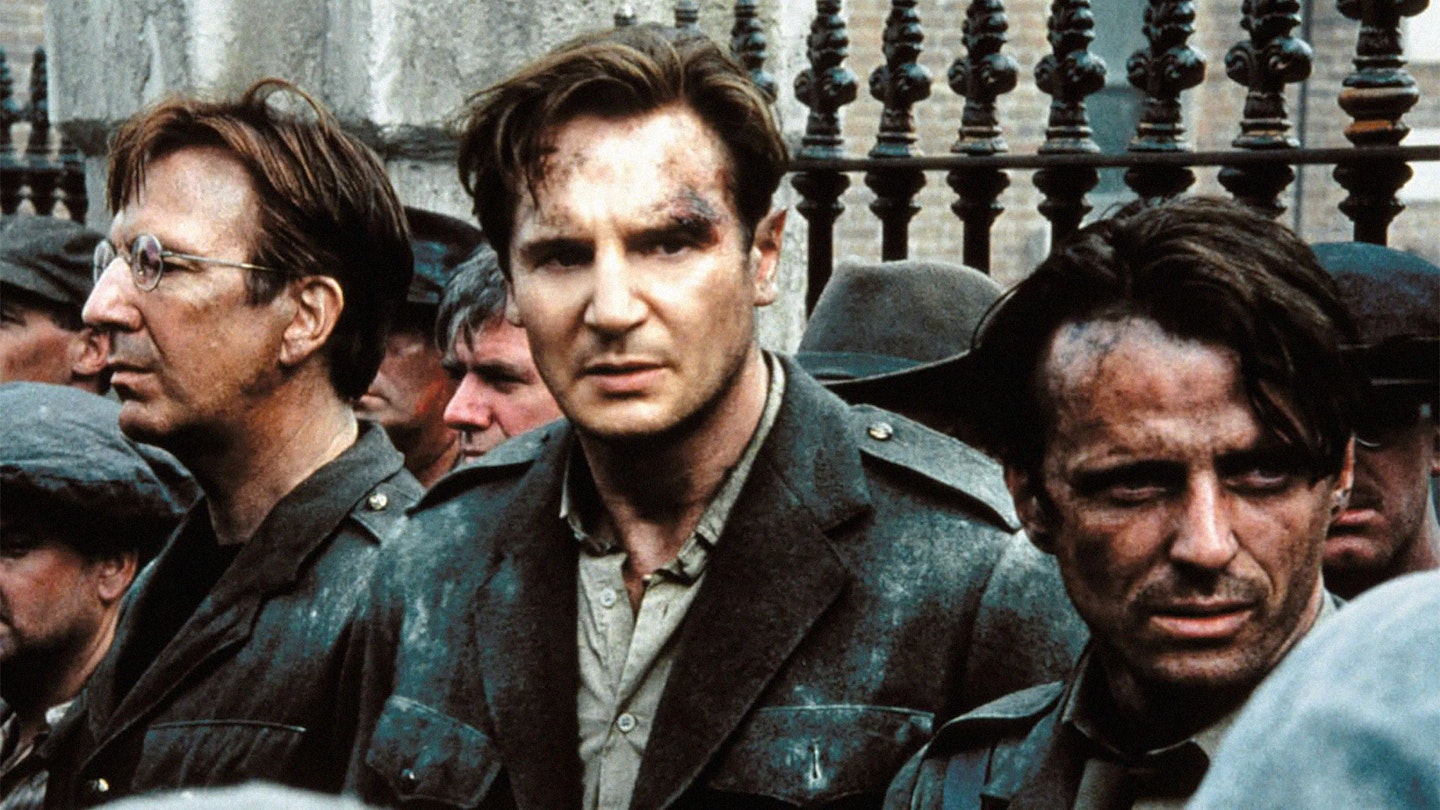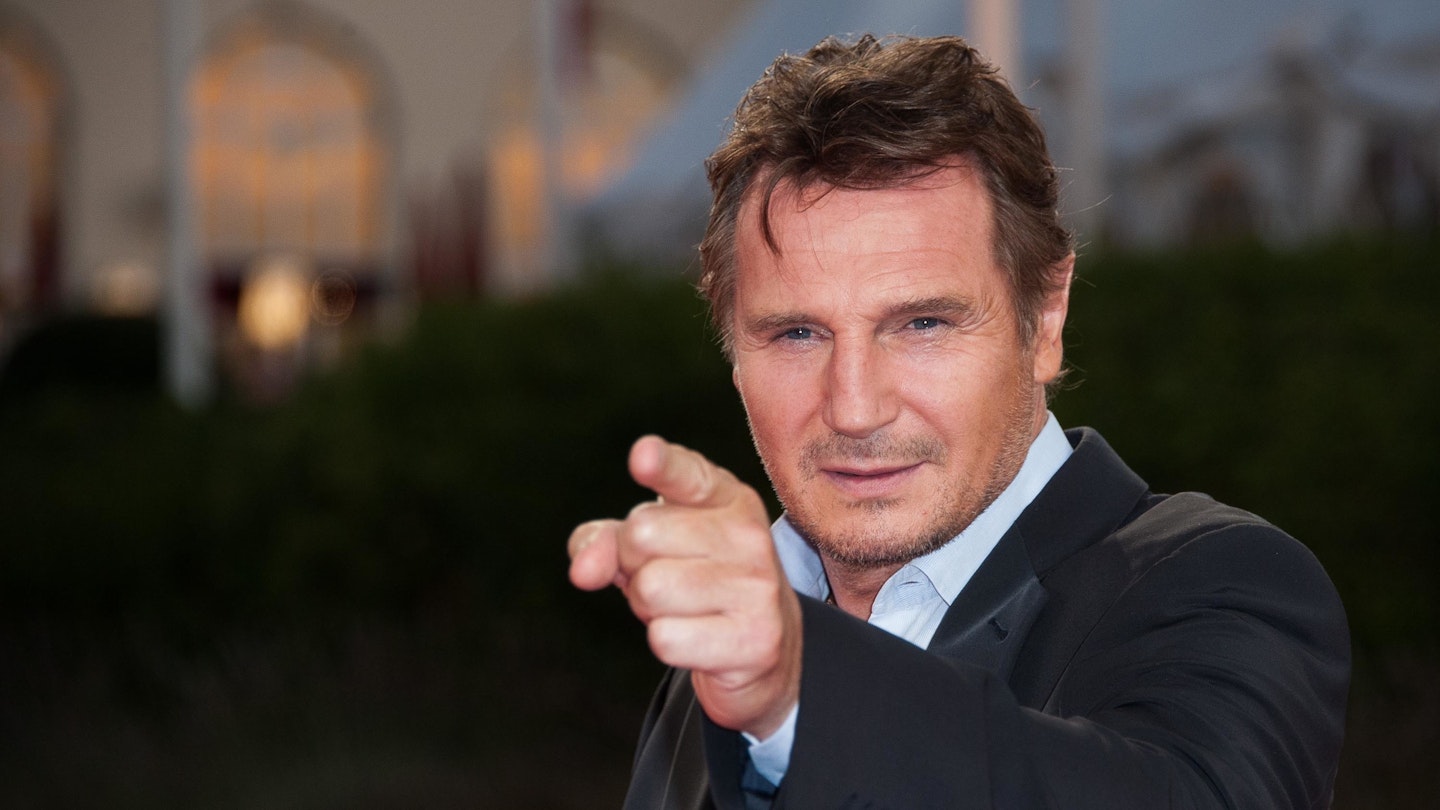Neil Jordan's mature, passionate biography of the tragic Irish evolutionary takes a considered, intelligent stance, depicting a man as much dedicated to peace as he was to, what he considered, necessary bloodshed. This is a film set in a specific historical context and its relation to the modern "Troubles" is just that, historical.
Indeed, at the inevitably downbeat close - it is no giveaway to reveal that Collins was eventually felled by his own people as he strove to lay aside the bullet - there is a definite sense that if the man had lived, the shape of Ireland and the purposes of (perhaps, even the existence of) the modern IRA would be entirely different.
Jordan chooses to tell Collins' own story, in the main the crucial turbulent four years from 1918 to 1922, in a filleted, snapshot fashion with fact healthily spruced up with fiction (you know, faction). A largely seamless stream of vignettes that charts his progression from street terrorism to political leadership to assassination, with room (albeit somewhat thinly established) for a spot of romance to humanise the guy. This makes for less lyrical storytelling a la David Lean (although Jordan occasionally, and successfully, indulges in a bit of sweep) than powerhouse thriller - this is certainly not a 20s Oirish Braveheart. Writer Jordan's decision to concentrate on the literally explosive elements over talkie politics gives the film real momentum.
With his so-called "invisible army" and right hand man (and later turncoat) Harry Boland (Quinn), Collins (Neeson) ran a chilling campaign against the British forces, murdering police officials - open warfare was never going to oust the occupying forces - with able assistance from his inside contact Broy (Stephen Rea). Meanwhile, his leader (and later
foe), future Irish president Eamon De Valera (Rickman) kept up the public front with kudos gathering trips to America and frequent passive sojourns at Lincoln jail. How much of this holds up to historical scrutiny is up to the pedantic among us to nit-pick over, what is certain is that it makes for great cinema. There are moments here of absolute mastery: Jordan turns cross-cutting (normally the refuge of the floundering director) into an art form with a series of shock killings punctuated with a conscience tortured Collins clutching his love Kitty Kiernan (Roberts) through the lonely night. His own death is magnificently framed with the lush pastures of county Cork and a lilting Gaelic air.
Where Michael Collins does stumble is in Neeson's lack of charisma. His supporting cast are, to a man, magnificent (top marks: Rea, Rickman, Ian Hart and, especially, Quinn), Roberts' accent may waver (bringing back shivers of Mary Reilly recall) but her understated acting is a revelation. This, however, only serves to further reduce the strength of Neeson. He holds the camera well, but never once do you swallow him as the inspiration of an enslaved nation. Like Schindler before there is a strange blankness to his acting. You're often left considering what a Day-Lewis or an Irons could have made of it and what a film that could have been.

